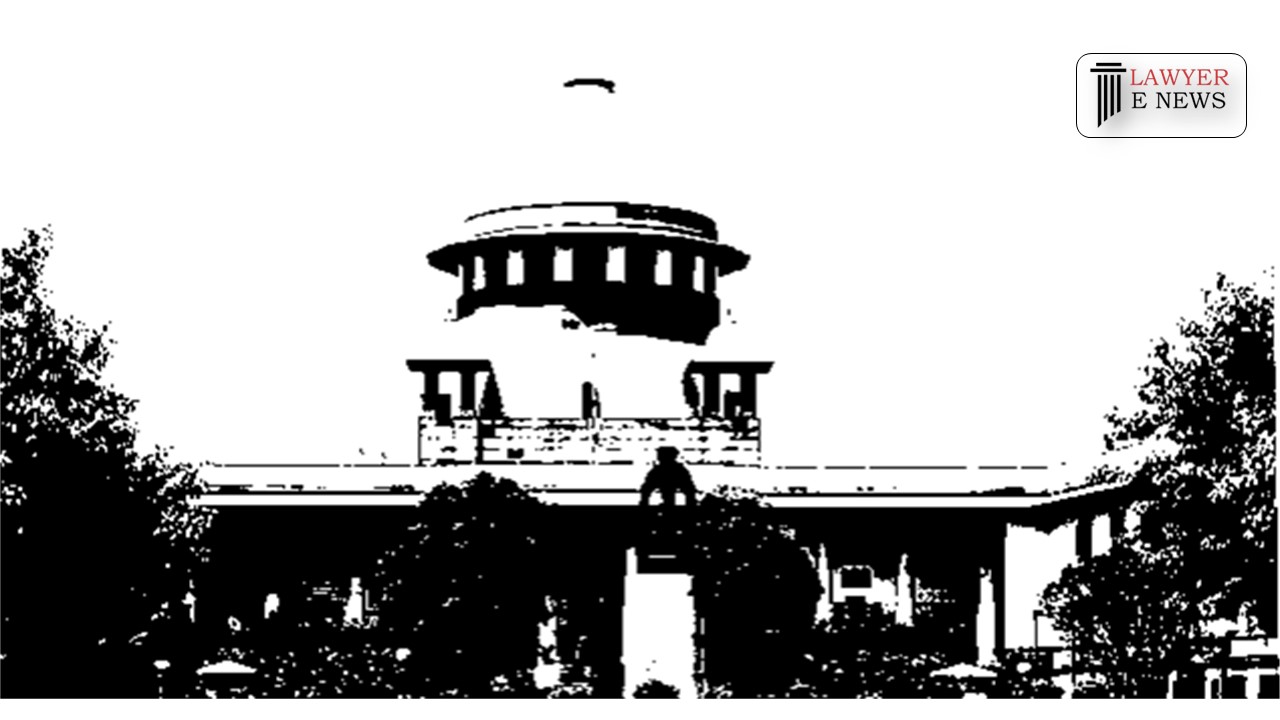-
by sayum
14 February 2026 2:22 PM



Justices invoke Article 142, direct SEBI to liquidate Sai Group assets and prioritize compensation for defrauded investors.
The Supreme Court has directed the Securities and Exchange Board of India (SEBI) to liquidate the assets of the Sai Group of Companies, ensuring the proceeds are distributed to genuine investors. The decision, rendered by Justices Surya Kant and K.V. Viswanathan, emphasizes the need for a transparent and efficient refund process and underscores the court’s commitment to achieving complete justice for affected investors.
Petitioners Balasaheb Keshawrao Bhapkar, his wife, and son, the founder-directors of the Sai Group of Companies, sought directions for SEBI to liquidate their attached assets and refund the proceeds to investors. The Sai Group, comprising entities like Sai Prasad Properties Ltd., Sai Prasad Foods Ltd., and others, faced allegations of illegal fund mobilization. Various regulatory actions were taken, including SEBI’s orders restraining the companies from collecting money and attaching their properties. Multiple FIRs were filed across several states under the Prize Chits and Money Circulation Schemes (Banning) Act, IPC, and other relevant statutes.
The Supreme Court recognized SEBI’s efforts but acknowledged the complexity and challenges in conducting timely public auctions. The court noted the necessity of a dedicated committee to streamline the process. “Despite SEBI’s bona fide pursuits, the liquidation of assets through time-bound public auctions presents numerous challenges,” the court observed.
To address these challenges, the court constituted a High-Powered Sale Committee (HPSC) led by former Supreme Court judge Justice S. Ravindra Bhatt. The HPSC is tasked with auctioning the assets, creating a property database, and ensuring that investor claims are satisfied transparently and efficiently. The court granted the HPSC civil court powers to expedite the process.
The court detailed the HPSC’s responsibilities in identifying investors, determining refund amounts, and managing an escrow account for the sale proceeds. The refund process will be widely publicized to ensure transparency. “The HPSC shall ensure a transparent and efficient refund process,” the court emphasized, highlighting the importance of investor confidence in the system.
Invoking Article 142 of the Constitution, the court underscored its commitment to complete justice, justifying the constitution of the HPSC given the exceptional circumstances. The court also highlighted the petitioners’ prolonged incarceration and the investors’ decade-long wait for refunds as critical factors in its decision.
Justice Surya Kant remarked, “The creation of the HPSC is a necessary step to ensure justice for the investors who have waited far too long for their rightful refunds.” The judgment also stated, “The HPSC shall operate with full transparency, ensuring the highest standards of integrity and efficiency in the liquidation process.”
The Supreme Court’s order to liquidate the Sai Group’s assets and refund investors marks a significant step towards resolving a long-standing financial debacle. By establishing the HPSC, the court aims to ensure a fair, transparent, and efficient process, reinforcing the judiciary’s commitment to upholding investor rights and maintaining market integrity. The landmark decision sets a precedent for handling similar cases in the future, highlighting the importance of regulatory vigilance and judicial intervention in protecting investors.
Date of Decision: 15th July 2024
Balasaheb Keshawrao Bhapkar & Ors. Vs. Securities and Exchange Board of India
